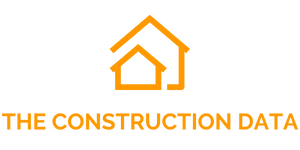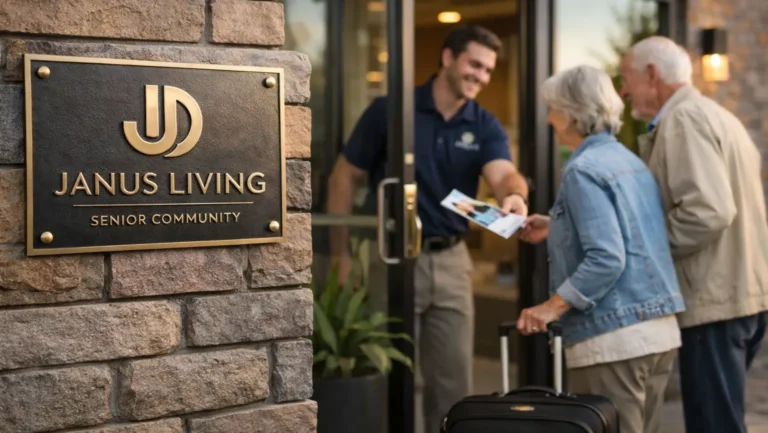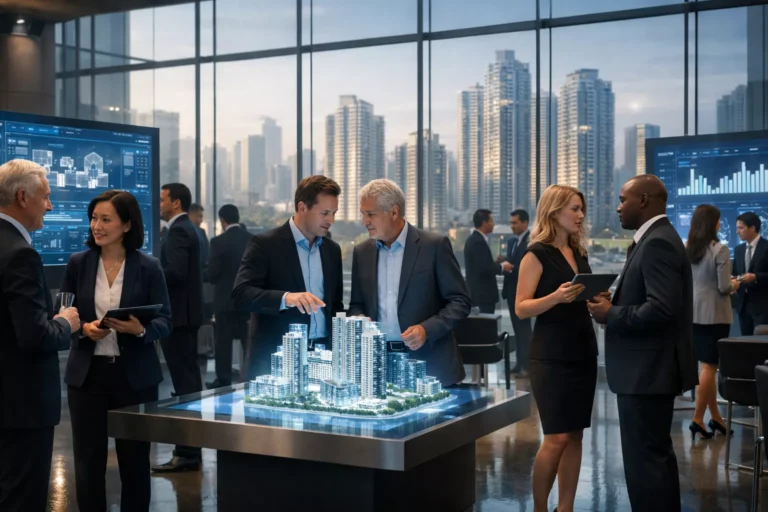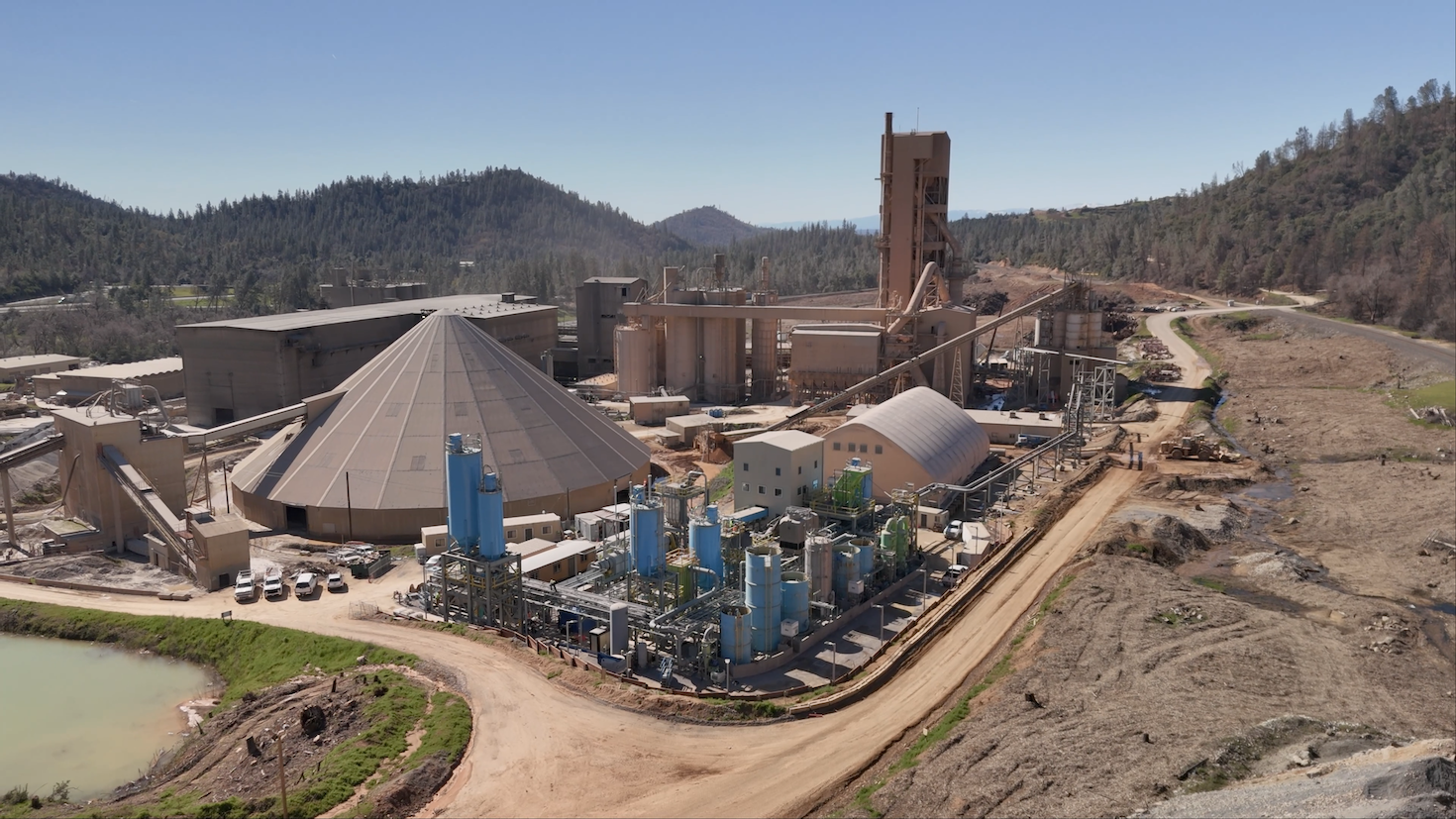
Fortera Gains Microsoft Funding to Drive Green Cement Innovation
In a significant move to advance the adoption of sustainable construction materials, Microsoft, through its Climate Innovation Fund (CIF), has announced an investment in Fortera, a pioneering manufacturer of low-carbon cement. The collaboration reflects Microsoft’s broader strategy to reduce the carbon footprint of its global datacenter operations, while also addressing one of the most pressing environmental challenges: emissions from the cement industry.
The partnership secures Microsoft’s rights to procure Fortera’s ReAct™ low-carbon cement as well as Environmental Attribute Certificates (EACs), creating a pathway for sustainable procurement while supporting the commercialization of breakthrough green building technologies.
Brandon Middaugh, General Manager of Sustainability Markets & Climate Innovation Fund at Microsoft, emphasized the long-term importance of this investment. “We are making long-term investments that will help us achieve our 2030 carbon negative goals. Corporate investment can assist in jumpstarting and scaling nascent markets like low-carbon cement. Our team was attracted to Fortera’s approach due to its potential for deep emission reductions, competitive cost targets, and its expected compatibility with existing production infrastructure,” Middaugh explained.
This collaboration is designed not only to reduce Microsoft’s operational emissions but also to act as a market signal for the construction sector. By leveraging its scale, Microsoft intends to stimulate demand for sustainable materials, encouraging industry-wide adoption of low-carbon cement technologies.
Cement and the Climate Challenge
The cement industry is one of the world’s largest contributors to greenhouse gas emissions, responsible for an estimated 8% of global CO₂ emissions. Traditional Ordinary Portland Cement (OPC) requires high-temperature kilns and releases CO₂ both from fuel combustion and the chemical process of calcination, making it difficult to decarbonize.
The need for innovative, scalable, and cost-competitive alternatives is urgent, particularly as global construction demand continues to rise. With urbanization accelerating, cement production is expected to grow, making breakthroughs in this sector a critical priority for achieving global climate goals.
Fortera’s ReCarb™ Technology: A Breakthrough in Sustainable Cement
Fortera has emerged as a leading innovator in this space with its ReCarb™ technology, which has the potential to dramatically reshape cement production. The process reduces carbon dioxide emissions by up to 70% compared to OPC, while ensuring that the final product maintains performance standards and cost competitiveness.
What makes Fortera’s technology particularly compelling is its integration with existing cement facilities. Unlike some decarbonization technologies that require entirely new infrastructure, ReCarb™ is designed to be added to current plants. This allows for rapid scalability without the need to rebuild facilities from scratch, minimizing disruption while maximizing climate impact.
The technology essentially captures CO₂ released during cement production and reincorporates it into the material, transforming emissions into value. The end result is a cement product that performs like conventional cement but with a drastically reduced environmental footprint.
Strategic Alignment with Microsoft’s Climate Goals
Microsoft has committed to being carbon negative by 2030, meaning it will remove more carbon from the atmosphere than it emits. The company has also pledged to reduce its supply chain (Scope 3) emissions by more than half within the same timeframe. Achieving these goals requires tackling emissions embedded in materials such as steel, aluminum, and cement—key components of datacenter construction.
By investing in Fortera, Microsoft is ensuring that its massive global datacenter expansion can be achieved in line with its climate commitments. Datacenters are highly resource-intensive facilities that rely on vast amounts of concrete. Substituting traditional cement with Fortera’s low-carbon alternative could significantly reduce Microsoft’s embodied carbon footprint across its infrastructure portfolio.
Moreover, Microsoft’s Climate Innovation Fund is not only about securing sustainable materials for its own use but also about driving systemic change. By providing early investment capital and procurement commitments, the company aims to overcome the “first mover” challenges that often hinder the adoption of new clean technologies.
Voices from the Partnership
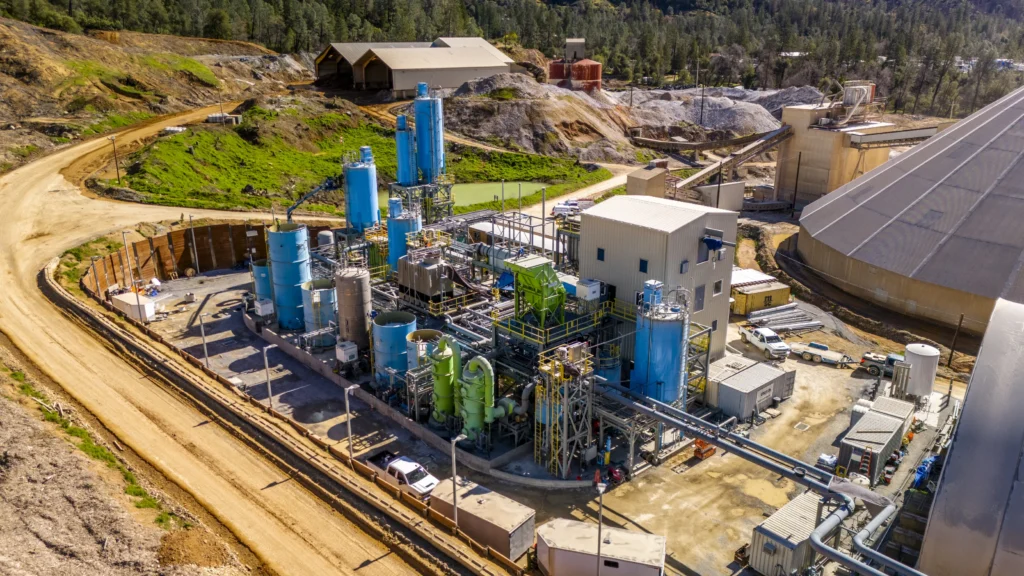
Fortera’s CEO, Ryan Gilliam, underscored the importance of the collaboration. “Microsoft’s collaboration with Fortera aligns with our goal to advance novel technologies to commercially available products. Across a range of sectors, Microsoft has played a catalytic role in overcoming market barriers to decarbonization. Their investment highlights the impact our full commercial-scale plant brings to the low-carbon building materials space.”
In addition, Erik Urosa, Group Manager of Impact Investments at Microsoft, will join Fortera’s Board of Directors as an observer, strengthening the partnership and ensuring close alignment on strategic priorities. This board-level engagement highlights Microsoft’s hands-on approach to scaling climate solutions in critical industries.
Fortera’s Expanding Commercial Footprint
The Microsoft investment builds on Fortera’s growing momentum in the marketplace. The company recently launched its flagship ReCarb Plant in Redding, California, marking a major milestone in scaling its technology to industrial levels. This facility represents one of the first commercial-scale low-carbon cement plants in the United States, serving as a blueprint for future global deployments.
Fortera has also secured strategic partnerships with industry leaders like Graymont, a global supplier of lime and limestone products, creating pathways for further expansion into construction markets worldwide. These collaborations, combined with successful placements of Fortera’s cement in real-world construction projects, demonstrate that the technology is not just theoretical but ready for broad application.
Market Transformation Through Corporate Investment
The construction industry has historically been slow to change due to the entrenched use of traditional materials and the high capital costs associated with switching technologies. However, corporate investment from companies like Microsoft is helping to accelerate the transition by providing both financial support and guaranteed demand.
By securing procurement rights for ReAct™ cement and EACs, Microsoft is creating a market for low-carbon products that can encourage other buyers to follow suit. This early demand signal is essential to scaling production, reducing costs, and building confidence across the industry.
The ripple effect could be significant: as more corporations, governments, and developers commit to sustainable procurement, the economics of low-carbon cement will improve, accelerating its adoption across the global construction sector.
Cement’s Role in a Sustainable Future
The collaboration between Microsoft and Fortera highlights a broader shift in how the world approaches decarbonization of hard-to-abate industries. Cement, often seen as one of the toughest climate challenges, is beginning to undergo a transformation driven by innovation, investment, and corporate demand.
If scaled successfully, Fortera’s technology could become a cornerstone of sustainable construction, not only helping Microsoft meet its climate goals but also setting an example for industries worldwide. As data centers, housing, infrastructure, and commercial real estate continue to expand, the potential impact of low-carbon cement adoption cannot be overstated.

